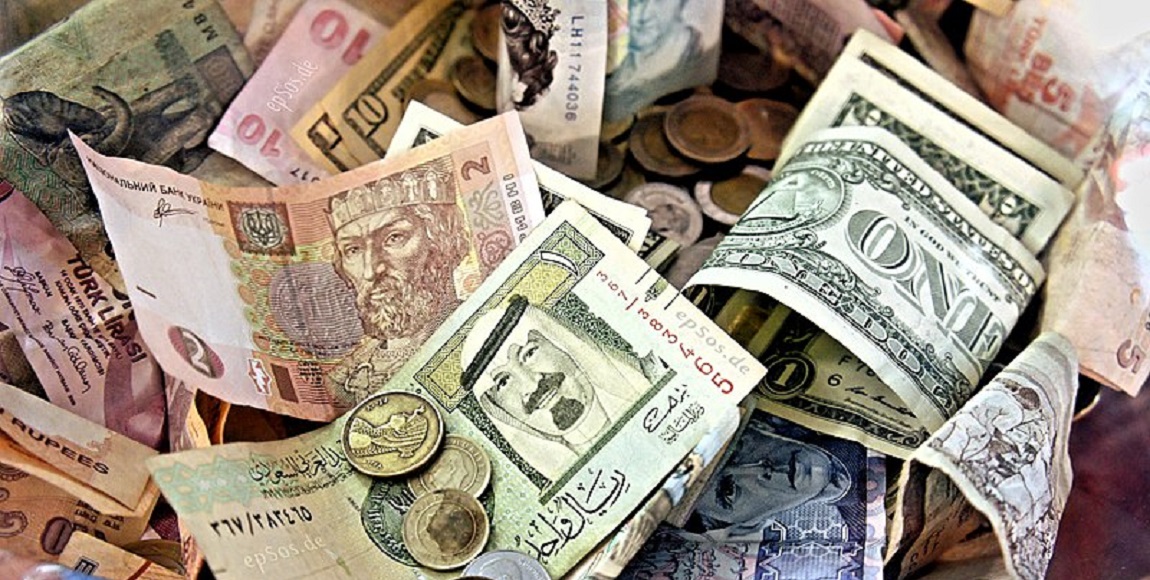Since 2020, the Basic Income Grant (BIG)/ Universal Basic Income (UBI)has been a huge point of discussion. From civil society to government to policymakers, many have discussed the merits of introducing it. The pandemic, the July Unrest as well as general inequality in South Africa has made it a point of urgency. Here are some countries where the BIG was implemented – whether as a pilot or completely.
Namibia
Between 2008 and 2009 in the Otjivero-Omitara region in Namibia, a pilot BIG project was implemented. The BIG Coalition was responsible for the implementation of the project. The project had very positive results in reducing poverty and crime. It also helped to raise levels of school attendance. The project came about on the recommendation of the Namibian Tax Consortium (NAMTAX). With Namibia’s high levels of inequality and poverty, their proposal was aimed at poverty reduction and income redistribution. The way the project worked was that all residents below the age of 60 years received NAD100 per person per month. There were no conditions attached to the money.
“The BIG resulted in a huge reduction of child malnutrition. Using a WHO measurement technique, the data shows that children’s weight-for-age has improved significantly in just six months from 42% of underweight children in November 2007 to 17% in June 2008 and 10% in November 2008.”
Along with the reduction in malnutrition, there was also a drop in household poverty and a reduction in crime. Despite the evident success of the programme, there was a lack of political commitment to move it from a pilot to a nationwide roll-out. In 2015, the president of Namibia made promises once more around the BIG but there has not been any action.
READ MORE:
The calls for Basic Income Grant, explained
United States of America
From 2020 until 2022, the Compton Pledge is taking place in California, United States of America. It’s run by an organisation called the Fund for Guaranteed Income. The organisation is building the technological infrastructure necessary to distribute cash payments on a broad scale. The pilot project distributes money from private donors to people. It is not just about giving people money so that they can buy things. Instead, the project is about testing whether giving families a BIG “can have a demonstrable impact on their physical and psychological health, job prospects and communities”.
With the Compton Pledge, the pilot reported in March 2021 that there were significant improvements in recipients’ mental health. Many of the recipients mostly used their allotments on food, utilities and personal clothing. Less than 1% was used on alcohol and tobacco. The Compton Pledge is the largest city-based guaranteed income pilot in America.
There are many other pilot BIG projects taking place across the United States of America from St. Paul, Minnesota to Paterson, New Jersey and many other parts of the country. However, most of them are area-specific and funded by private donors or mayors. There are no plans for a national rollout.
RELATED:
Basic Income Grant funding, explained
Brazil
The Programa Bolsa Família (PBF) is a government programme introduced in 2003 in Brazil, providing low-income families with cash transfers under conditions. The conditional cash transfer model successfully reduced levels of inequality and hunger. PBF is funded at less than 0.5% of the country’s GDP. By 2013, Brazil had halved the percentage of the population living in extreme poverty – from 9.7% to 4.3%, and reduced income inequality by 15%. Efficient administration and good targeting has enabled the PBF to achieve its success at a very low cost.
Iran
Iran was actually one of the first countries to roll out a BIG. The country undertook the BIG project in 2011 in the form of cash transfers. The government started monthly deposits to individual family accounts. Prior to the BIG, there had been subsidies on bread and energy. The subsidies were then changed to the cash transfer project.
One of the initial concerns was that the transfers would negatively impact the labour supply. The thinking behind this was that if people received money, they would not want to work. However, there was no impact on the labour supply. It had many positive effects such as a decline in poverty and inequality. However, currently the project is under jeopardy due to a number of reasons such as inadequate funding and sanctions amongst others.
Kenya
One of the largest and longest BIG experiments is taking place in Kenya. It began in 2016. The charity, GiveDirectly, is making payments to more than 20 000 people spread out across 245 rural villages. They have distributed millions of dollars to ten of thousands of individuals. Some of the individuals will receive payments for 12 years. The initial results on the effects of UBI during COVID-19 were released in September 2020.
The project works in four ways or groups. The groups are long-term, short-term, lump sum and a control group. The long-term and short-term receive the same amount of money for basic needs. The long-term group will receive it for the entire programme with the short-term only for two years. The third group received an once-off amount while the control group did not receive any payments at all. This allowed an honest comparison.
It was found that those receiving the universal basic income (UBI) experienced better food security. This meant an improvement in hunger levels. More households went to receive medical treatment. It also helped individuals through the effects of COVID-19.









